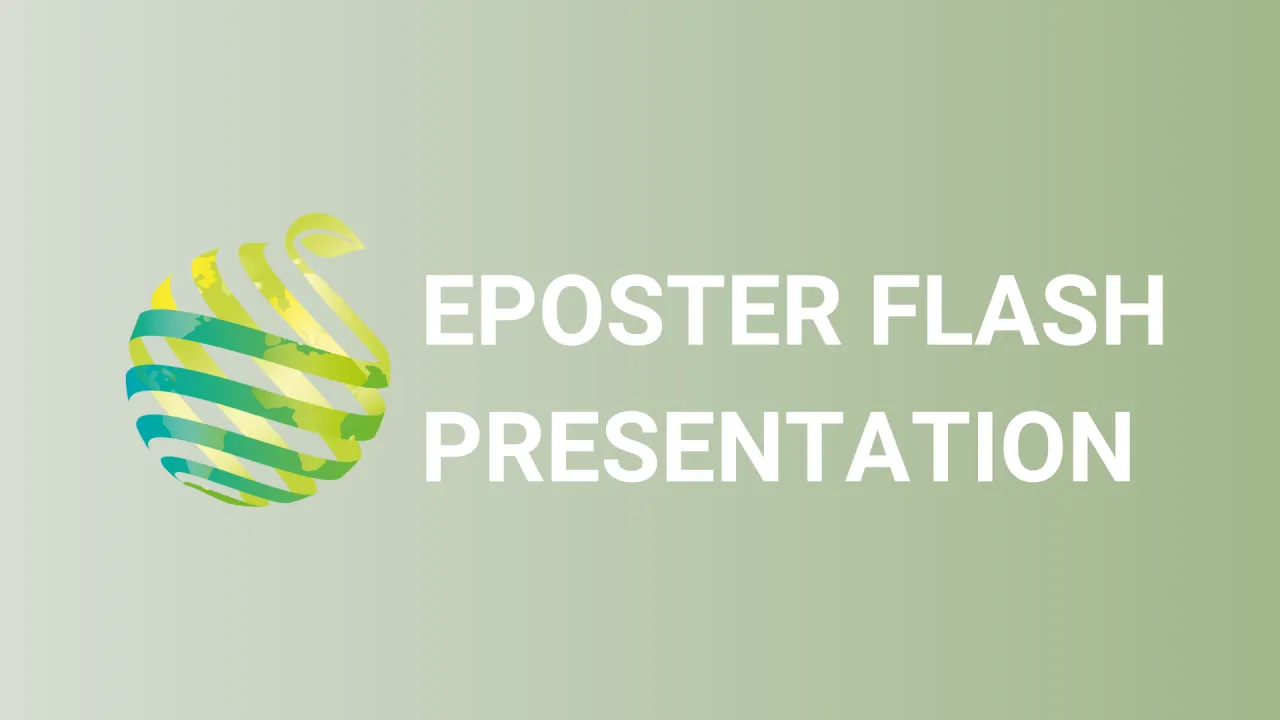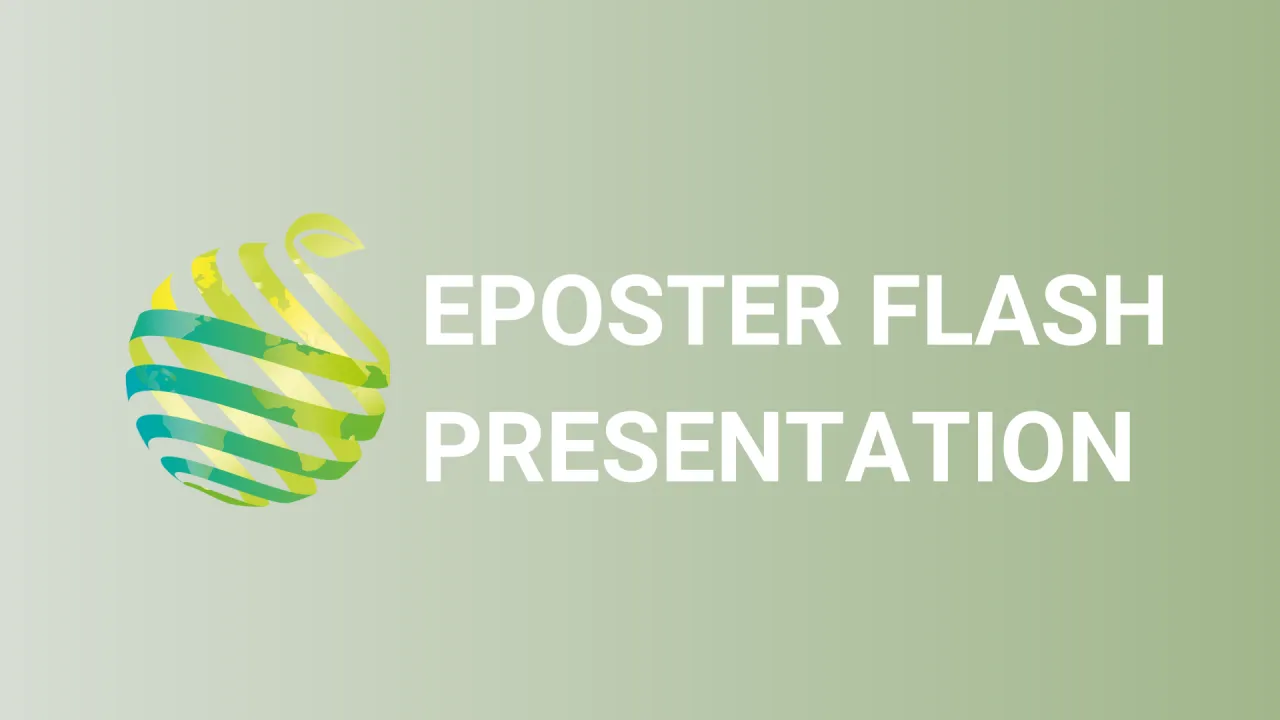

S06 - Session P14 - Wild strawberry production on innovative sediment-based growing media: yield and food safety evaluation
Information
Authors: Giacomo Chini, Daniele Bonetti, Francesca Tozzi, Maurizio Antonetti, Simona Pecchioli, Gianluca Burchi *, Grazia Masciandaro, Stefania Nin
Marine sediments are a critical compartment of coastal ecosystems due to their environmental risk linked to the accumulation of pollutants, often exceeding the legal limits for their reuse in civil constructions and agriculture. Even though there are no clear legislative references to the possibilities of using dredged sediments, these residues might represent a new valid alternative to peat in soilless agriculture, if opportunely remediated. The aim of this research was to assess plant yield and food safety of wild strawberries obtained on sediment-based growing media. Phytoremediated and landfarmed marine sediments dredged from the Leghorn port (Italy) were used as constituents of growing media in the percentage of 0, 50 and 100 and blends were analysed to evaluate their physico-chemical properties. Certified wild strawberry plants of Fragaria vesca (cv 'Regina delle Valli') were planted in 50-litres plastic plant-boxes and grown under greenhouse condition for two years. Different water regimes were applied throughout each growing cycle. Productivity, quality and food safety of the fruits were evaluated by analysing nutritional and nutraceutical parameters as well as heavy metals and organic pollutants contents when fruits were considered "marketable". Results showed that growth parameters were positively influenced by the substrate mixtures, being plantsheight and diameter significantly greater when obtained on sediment-based growing media. On the other hand, destructive analysis at the end of the second year of cultivation showed that plants grown on peat were characterized by highest values of leaf area and number of leaves. Nevertheless, fruits obtained from plants cultivated on the different substrates displayed similar pomological characteristics. Plants did not show any visible phytotoxic symptoms or damages, The remedied sediment proved to be a valid alternative to peat for wild strawberry production. The influence of physico-chemical characteristics of growing media on fruit quality and safety are discussed.